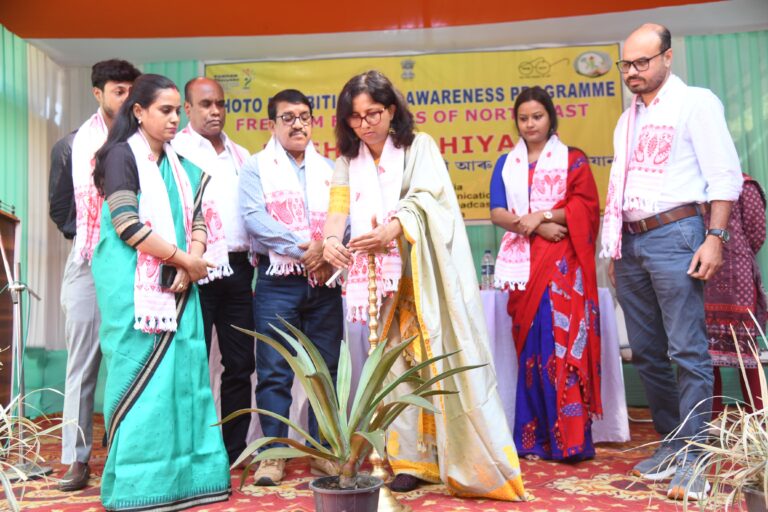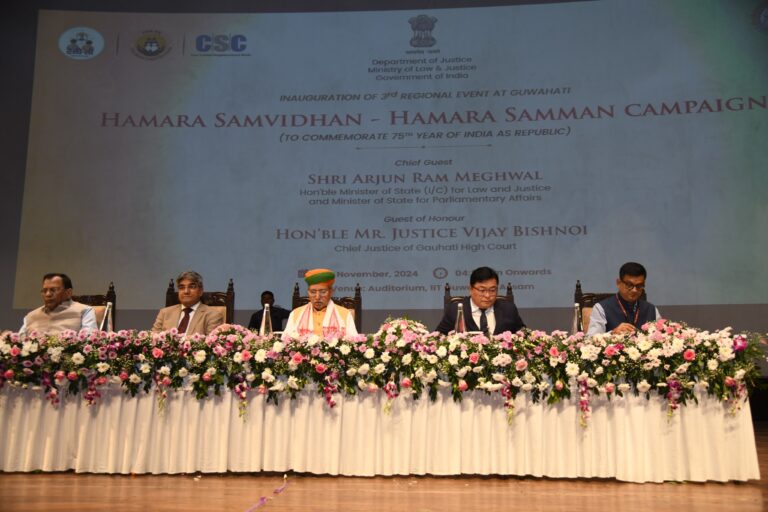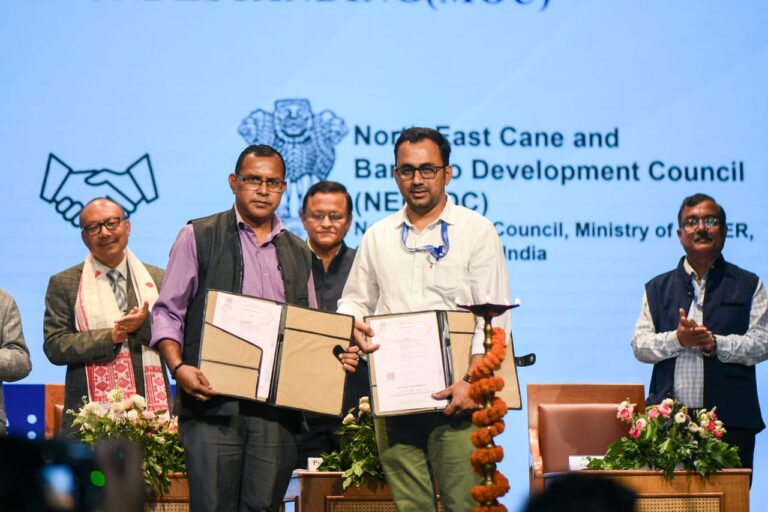Flapping and swaying tents have made way for more permanent structures. Air conditioners and coolers being set up indicate the approaching summer has been accounted for. At the many makeshift townships that have sprung up along Delhi’s border points in the past three months or more, the crowd may be thinning, but not the resolve by the looks of it. In any case, the farmers neutralised lingering doubts by marking ‘Black Day’ today – the 100th day of their protest. As part of the proceedings, the Kundli-Manesar Palwal Expressway will be blocked for five hours between 11 am and 4 pm.
Along stretches of the 136 kilometre expressway, farmers today marched carrying their union flags. Few farmers were also seen on tractors. They raised slogans against the government.
Besides roadblocks, the Samyukt Kisan Morcha, an umbrella organisationof various farmer bodies, has given a call to free the toll plazas near the highways that are to be blocked and wave black flags from offices and residences across the country.
After weeks of protest in their respective regions, farmers from Punjab and Haryana pushed towards the national capital with their “Delhi Chalo” march in November 2020. Since the 26th of that month, they have been camped at various border points such as Singhu and Tikri. They were joined a few days later by farmers from Uttar Pradesh who settled at Ghazipur.
Among other things, they have demanded the unconditional repeal of three farm laws enacted by Parliament in September. While the government views these pieces of legislation as key reforms, the protesters fear they would pave the way for the abandoning of the minimum support price system, leaving them at the mercy of big corporates.
Several rounds of talks have been held between farmers’ representatives and those of the government, mostly unsuccessfully, to find a way out of the stalemate.
Today marks a crucial point in the protest. “We are completely prepared. Unless and until the government listens to us and meets our demands, we will not move from here,” Rakesh Tikait of the Bharatiya Kisan Union (BKU), who is among the leaders at the forefront of the movement, told news agency PTI.
The movement’s impulse has already left its mark on regional politics – with most parties backing the farmers. For instance, the Shiromani Akali Dal of Punjab, from where most of the protesters are, quit the ruling NDA at the Centre in September itself. Yet, it couldn’t stop the Congress’s spectacular performance in the urban body polls held last month. Similarly, in neighbouring Haryana, the Indian National Lok Dal quit the NDA even though the move was more symbolic than influential.
In the meantime, over 200 farmers have died due to varies reasons such as extreme weather conditions, by suicide, and of hunger amid the protests.
The protests have also sparked international interest – and condemnation – as celebrities such as pop singer Rihanna, adult movie star Mia Khalifa, and climate change activist Greta Thunberg voiced their support for the protesters. This, in turn, has evoked cries of “international conspiracy” against the country from the Indian government.


















